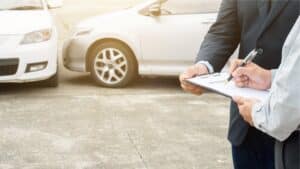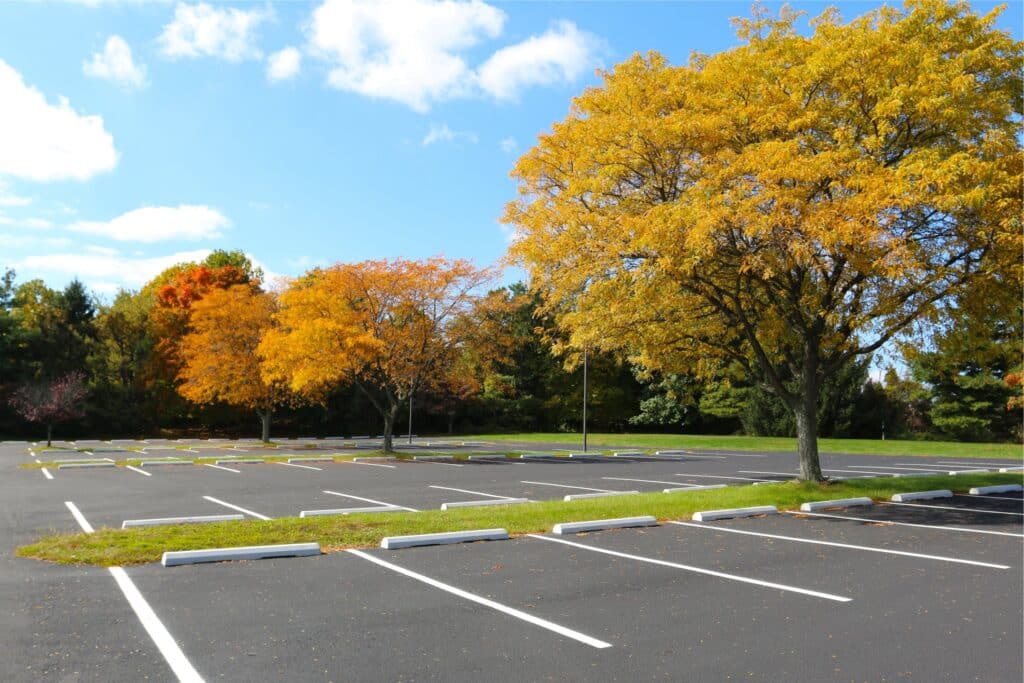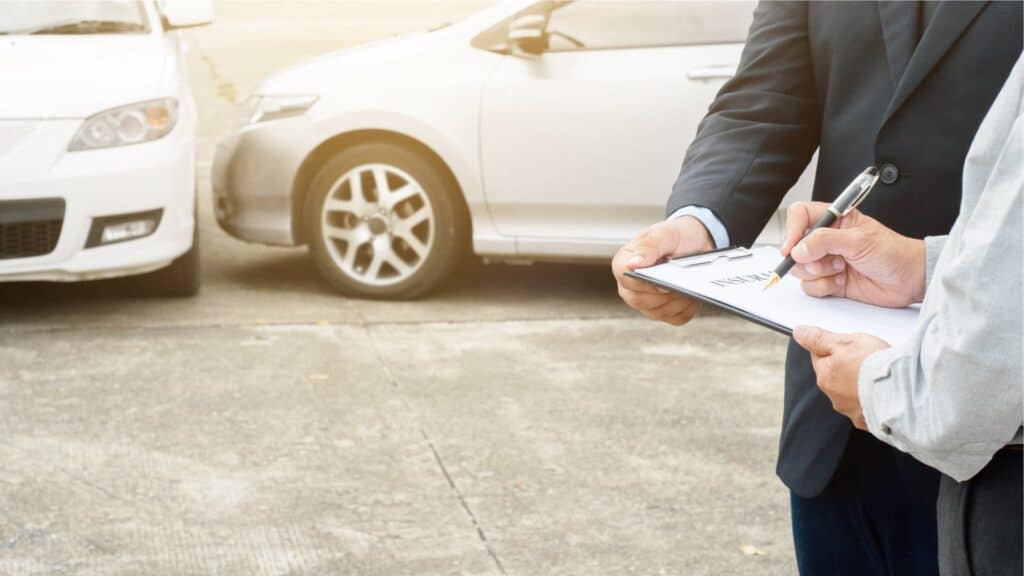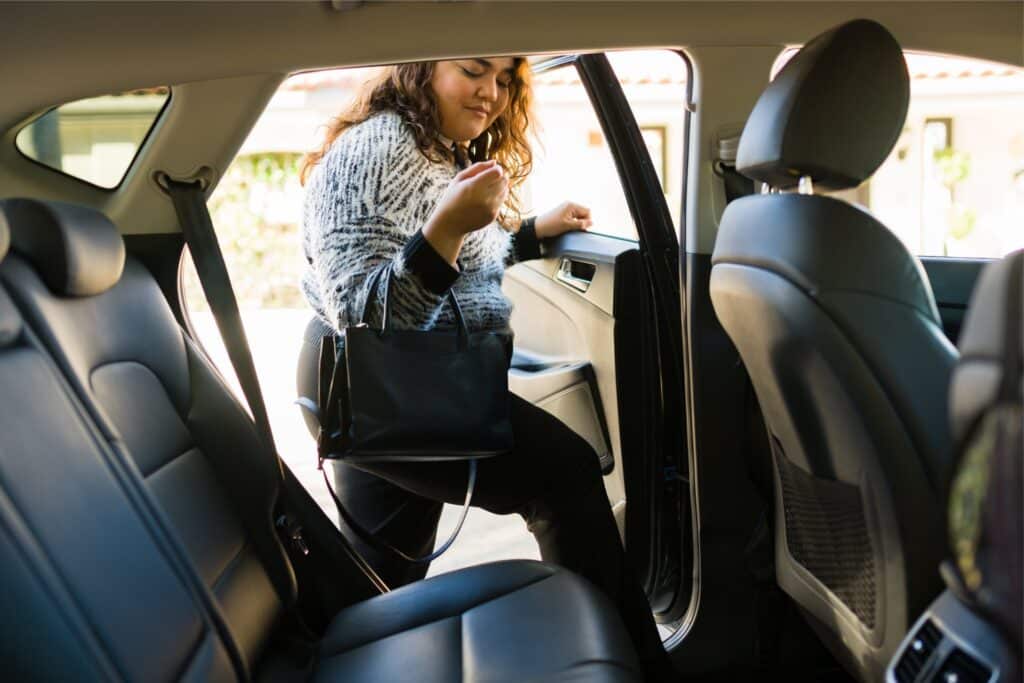Auto accidents are terrifying and traumatic experiences that unfortunately happen all too often. As scary as they are, they don’t compare to the feelings of fear and uncertainty that accompany them afterward. Victims are often left wondering how they will pay for repairs and medical bills while the courts and insurance adjusters determine who was at fault.
The fastest way to prove your side of the story and receive the compensation you deserve is to provide evidence that these officials can’t ignore or debate. To serve that goal, there is no device on the market better than the dashcam. These tiny devices are an unblinking eye recording everything from the driver’s perspective to the vehicle’s interior and even the surrounding environment.
We’re going to provide some more information about these useful little traffic tools, as well as some legal insights about how the footage is treated in the courtroom. But first, we’d like to emphasize the importance of seeking an experienced Portland auto accident attorney as soon as possible following an accident. A free consultation with Zbinden & Curtis Attorneys At Law can give you a renewed sense of peace and clarity. We can help you receive the compensation you deserve when you need it most.
Dashcams are Unbiased
The most difficult part of any auto accident case is determining who was at fault and at what percentage they were at fault. Several small actions taken on both sides can contribute to an accident gradually rather than all at once. And then, once the actual collision happens, it’s difficult for the human mind to process how quickly everything happens. Add to that the fact that your body will instantly release adrenaline if you are surprised or hurt. So, any memories that you retain are tainted by fear, aggression, and panic.
Thankfully, we live in an age where victim and witness testimony no longer have to be all the evidence presented in court. With the invention of dashcams and their recent upgrades in information capacity, it is easier than ever to solve these disputes. Modern dashcams capture the location, weather conditions, driver’s perspective, and the interior of the vehicle, all in the seconds that it takes for an accident to happen.
Dashcams and Comparative Negligence
The reason that proving fault is so important in an auto accident investigation is because of Oregon’s modified comparative negligence policy. This says that the person found to be mostly at fault for the accident cannot collect compensation for the accident. In other words, if an Oregon traffic court finds you 50% responsible for an accident, you will not be awarded a settlement for the cost of the accident. In fact, you will be required to pay for the accident’s full costs, up to the percentage of fault the court assigned you.
As a simplified example, let’s say that an accident between you and one other driver caused $10 worth of damage between the two of you. Someone will need to pay the $10, so Oregon might assign you 70% of the fault for the accident and the other driver 30%. You would be responsible for paying $7, and the other driver would pay the remaining $3. With Oregon’s modified system, however, you wouldn’t be able to recover any of the $3 from the other driver. Alternatively, if you were found to be 49% at fault for the accident, you could recover 51% of the damages from the other driver.
Dashcams Impact on Driving Behavior
The recent adoption of dashcams in vehicles has been linked to improved driving habits. Research indicates that when drivers are aware their actions are being recorded, they tend to drive more cautiously. Drivers often become more aware of dangerous driving behaviors such as tailgating, sudden braking, or speeding. This behavior change is not only beneficial for the driver but also for everyone else on the road.
Dashcams serve the dual purpose of promoting safer driving practices and offering a reliable form of documentation that can influence the outcome of insurance settlements and legal proceedings.
Dashcams in the Courtroom
In legal settings, dashcam recordings are scrutinized for authenticity and clarity. If the footage is unedited and clearly shows the event, it can be incredibly decisive in court. Dashcam footage often carries more weight than other forms of evidence, such as eyewitnesses or expert testimony. The concrete nature of video evidence can simplify the determination of fault and influence the court’s decision significantly.
Insurance Companies and Dashcam Footage
Insurance companies acknowledge the importance of dashcams by incentivizing those who use them. They know that the impartial nature of the footage is an asset for both policyholders and insurers.
With clear video evidence, insurers can assess and process claims more efficiently and reduce the time it takes to resolve disputes. Some insurance providers offer premium discounts to drivers who have them installed because dashcams are important tools against fraudulent claims. This saves the insurance company, and ultimately their policyholders, significant amounts of money.
Dashcams and Privacy
While dashcams provide valuable evidence in auto accidents, they also raise legal and privacy questions that users should consider. Recording in public spaces is generally allowed; however, recording audio inside the vehicle may require consent from all passengers due to privacy laws. Additionally, the use of this footage is subject to data protection laws, which may dictate how it’s stored and shared. When it comes to using dashcam recordings in court, authenticity is the most important part. The footage must be unedited to be considered a reliable piece of evidence. All Oregon drivers should familiarize themselves with these considerations to ensure their dashcam usage aligns with legal standards and respects the privacy of everyone.
Call Zbinden & Curtis Attorneys At Law Today
If you or a loved one has been in an auto accident in Oregon, don’t wait until your bills pile up. Call Zbinden & Curtis Attorneys At Law today at (503) 287-5000 for a free consultation with an auto accident expert who can answer your questions and help with your case.









